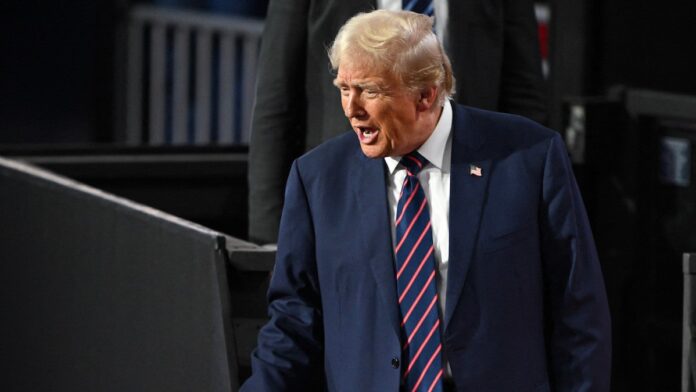Key Falsehoods or Claims:
In this article, Donald Trump is reported to have confronted the South African president with conspiracy claims, suggesting that white farmers in South Africa are being targeted and killed because of their race. This claim perpetuates the false narrative that white farmers in South Africa are facing widespread violence and discrimination, which has been debunked by numerous fact-checking organizations.
Source:
The article is from Xinhua, which is a state-run news agency in China. It is important to note that state-run news agencies can be biased in favor of their government’s agenda.
Analysis of Falsehoods and Impact on Public Opinion:
The perpetuation of this conspiracy theory by the President of the United States has the potential to shape public opinion in a negative way. This can lead to a distorted view of the situation in South Africa and contribute to the spread of misinformation. The article poses a threat to our democracy by further polarizing public opinion and undermining the credibility of factual information.
Hypothetical Public Reactions or Political Outcomes:
Following the dissemination of these conspiracy claims, there is a risk that some individuals may be swayed by the false narrative and use it to justify discriminatory or prejudiced beliefs. In the political sphere, this type of misinformation can influence policy decisions and international relations.
Further Reading:
For further reading on the topic of media influence and misinformation studies, reputable sources such as the Pew Research Center, Harvard’s Shorenstein Center on Media, Politics and Public Policy, and the Columbia Journalism Review provide valuable insights into the impact of false information on public opinion and democracy.
Source link
Redirect URL
